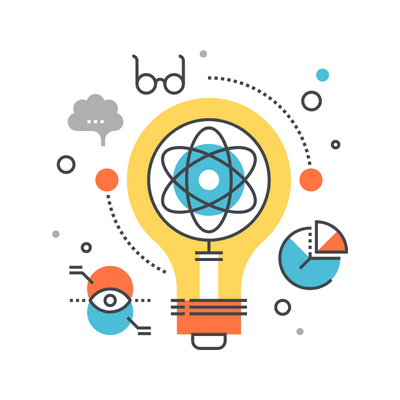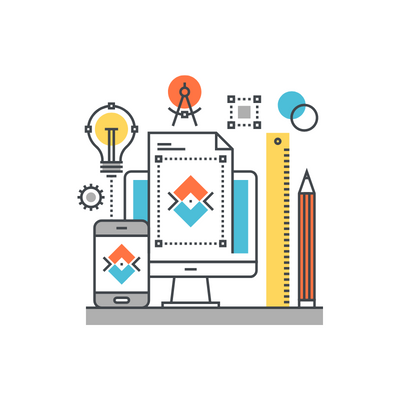Choose the research methodology best suited to your situation
What is a research methodology and why is it crucial?
Academic research is the process of collecting and analyzing scientific or social data in order to answer specific questions. Also known as basic research or scientific research, it helps researchers and academics producing reliable results and supports quality academic work.
While literature research is the most familiar to students, many other research study methods exist.
This article explores the different types of research methods and helps you choose the most effective one for your goals.












